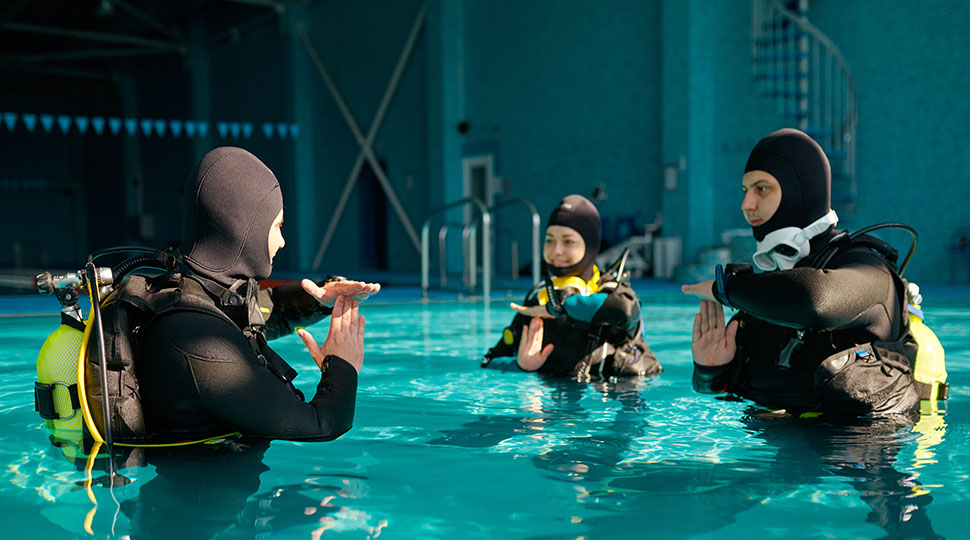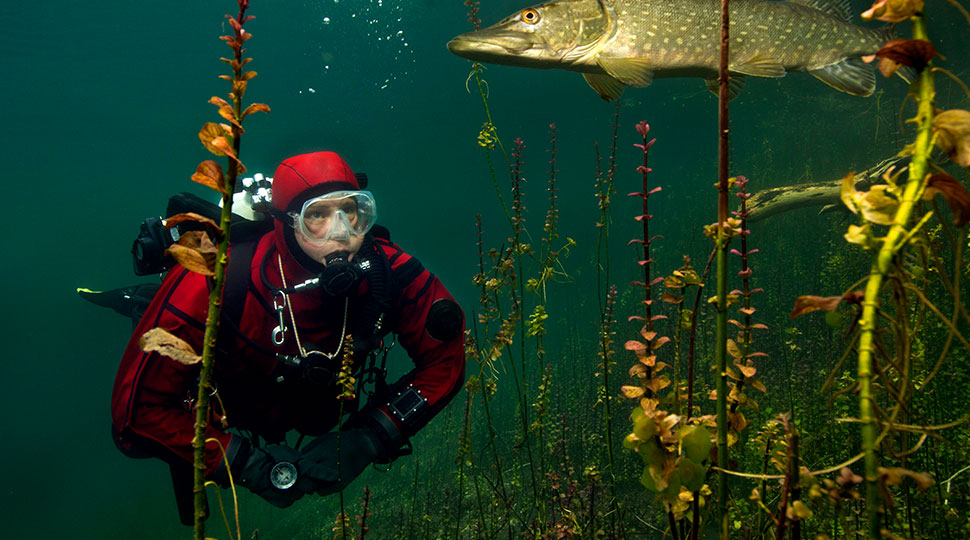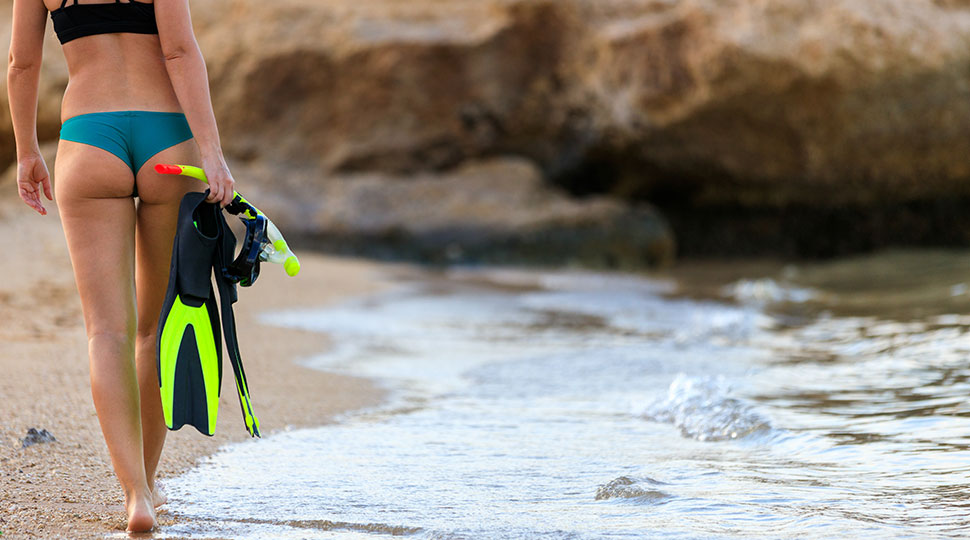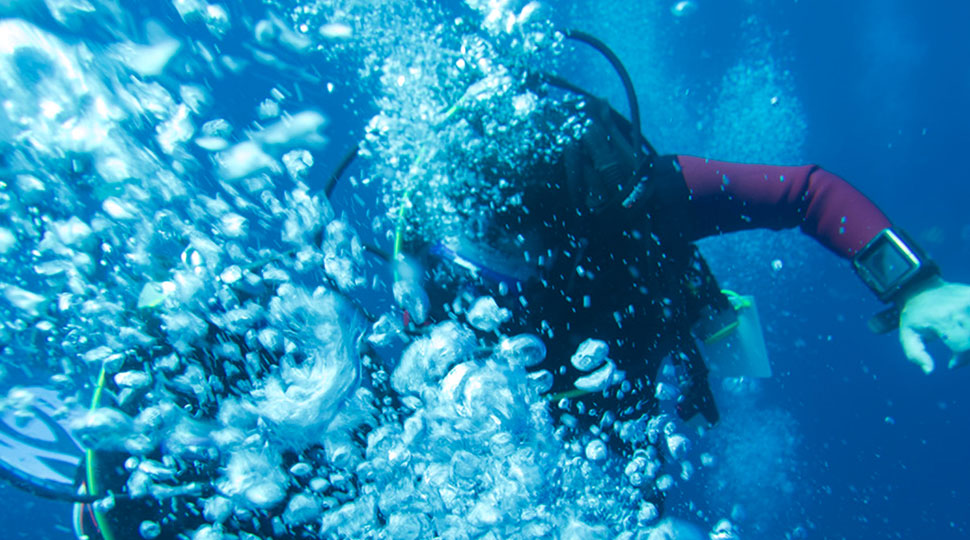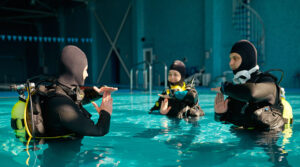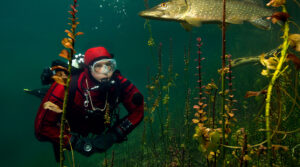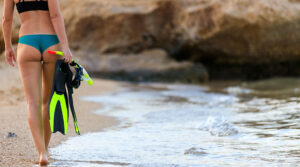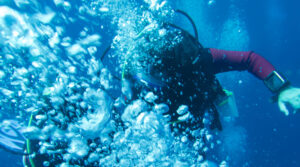Scuba diving is a fascinating and fulfilling activity that allows people to explore the wonders of the underwater world. For divers who wish to immerse themselves in the marine environment further, scuba documenting and note-taking can play a crucial part in enriching their experiences.
This article provides tips and advice for those looking to incorporate note-taking into their diving routines, helping them become more knowledgeable and responsible underwater explorers.
Preparing for Scuba Documenting and Note-Taking
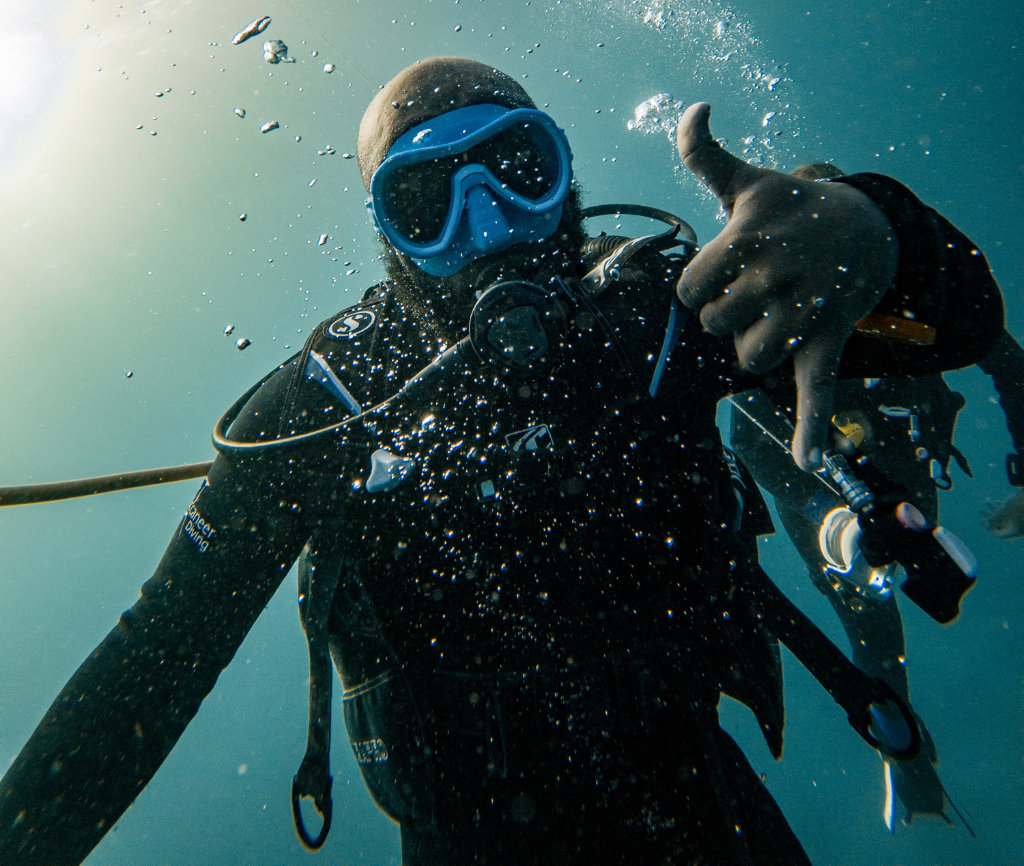
Researching Local Dive Sites Before Diving
Effective scuba documenting starts before you even get into the water. Conducting research on local dive sites is an essential step in the preparation process.
This could include reading dive logs, consulting dive guidebooks, and talking to experienced divers who have visited the area before. Online forums and dive-related websites can also provide essential information about dive site characteristics, marine life encounters, and potentially hazardous conditions.
Gathering Necessary Supplies for Documenting Underwater
Having the right gear is crucial for underwater note-taking. This may include waterproof notebooks, dive slates, or clipboards designed for underwater use. Additionally, you will need a writing utensil specifically made for use in wet conditions, such as graphite pencils or specially designed underwater markers.
Consider investing in a waterproof camera or underwater housing for your existing camera, allowing you to document your findings through photography and supplement your notes with visual records.
Understanding Safety Protocols When Taking Notes Underwater
Safety should always remain the top priority when scuba diving and taking notes underwater. Make sure to attend refresher courses to ensure that you are up-to-date with the latest diving safety guidelines and procedures. Divers should also familiarize themselves with the particular dive sites and be aware of any potential dangers associated with the area. Remember to always dive with a buddy and maintain proper communication while underwater.
Taking Notes Underwater
Utilizing Waterproof Paper or Slates for Writing
Once underwater, be prepared to take notes using waterproof paper, slates, or clipboards specially designed for diving. Taking notes on these surfaces ensures that your records will not be damaged by water exposure.
It is crucial that you remain aware of your surroundings, always monitoring your depth and air supply while taking notes. They should never distract you from your safety or the safety of other divers in your group.
Keeping Track of Time, Depth, Temperature, Visibility
When documenting your underwater experiences, it is essential to record essential dive information such as time, depth, temperature, and visibility. This data not only provides context to your notes but can also be beneficial in understanding the marine environment’s patterns and fluctuations in later dives.
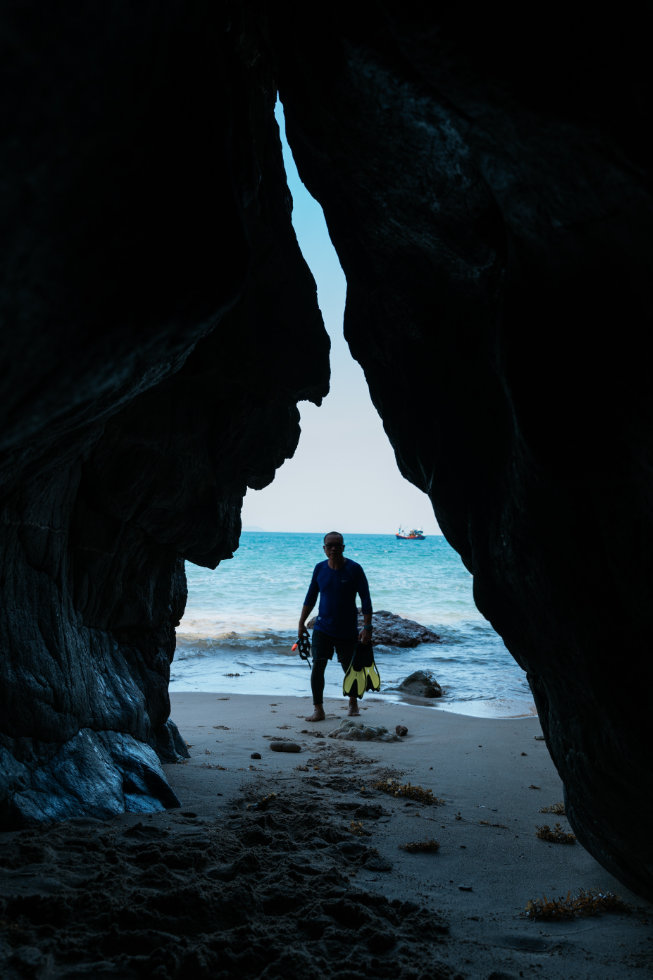
Recording Observations About Aquatic Life Forms and Habitats
The underwater world is home to an array of captivating life forms and habitats. While diving, make a conscious effort to observe and document the different marine species, interesting behaviors, and unique underwater ecosystems you encounter. This will allow you to better appreciate and understand the underwater realm and its inhabitants. Always remember to maintain a safe distance from marine life and never disturb their environment.
Storing Notes in a Waterproof Container After Dives
Once your dive is complete, it is crucial to safely store your notes in a waterproof container and ensure they are well-organized and accessible. You can then use your records to compare observations and insights from various dives, contributing to a greater understanding of the natural underwater world.
The Safety Stop
Documenting and note-taking during scuba dives have profound effects on our understanding and appreciation of the underwater world. Not only does this technique aid in the growth of your diving knowledge, but it also encourages long-term ecological conservation by creating citizen scientists who care for the marine environment.
Whether you are a seasoned diver or a beginner, we encourage you to make scuba documenting a part of your underwater exploration and develop a deeper connection with the ocean.
By doing so, you are joining a committed community of divers who are dedicated to preserving and protecting the underwater world for generations to come.

